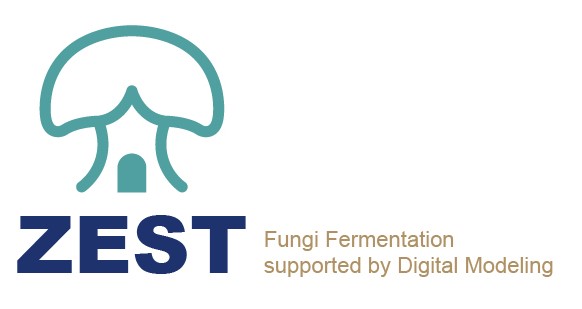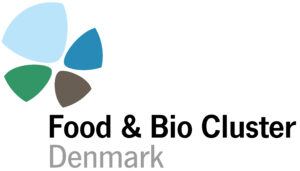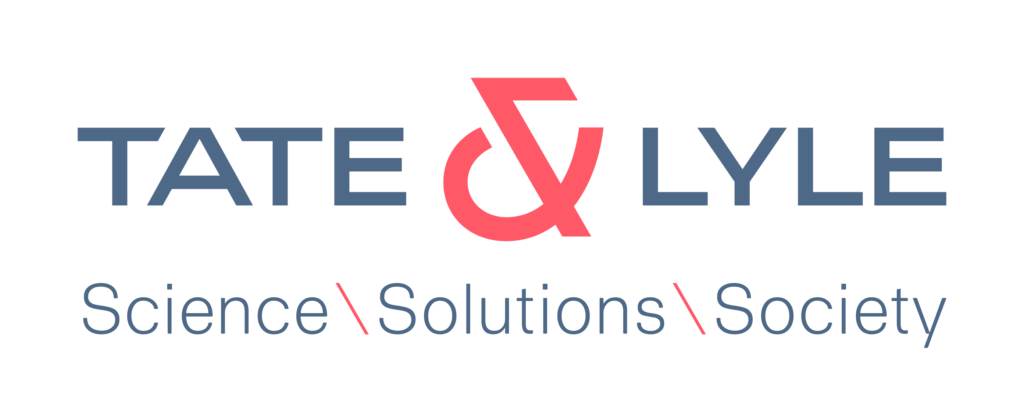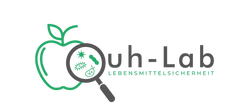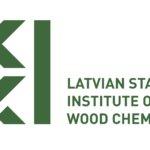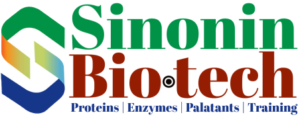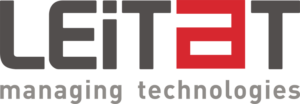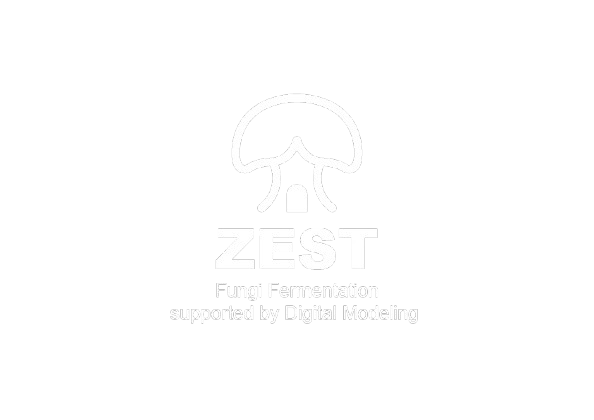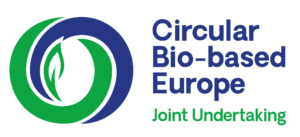Konsorcija partneri
Danish Technological Institute (DTI)
Denmark
Danish Technological Institute (DTI) is a not-for-profit institute approved by the Danish Ministry of Science, Technology and Innovation as a technological service provider. Founded in 1906, DTI is recognized today as the leading industrial training and educational institution in Denmark. DTI has extensive experience in leading both national and international projects, with a portfolio of over 100 EU projects. The Institute's core business lies in providing testing, certification, information, training and consultancy including research services to industry, especially SMEs. The Institute's 1100 specialized employees are distributed in the following five technical divisions: Building and Construction, Energy and Climate, Environmental Technology, Food and Production, and Materials.
In the ZEST project, DTI takes on the role of coordinator and R&D partners, including the leaders of WP4 and task leaders in WP3. It will contribute to innovative downstream processing for valorisation of residues, modelling for AI-based process control, as well as demonstration in pilot scale of developed processes.
Corporación Tecnológica de Andalucía (CTA)
Spain
Multi-sector innovation cluster of Andalusia (Spain) with national and international activity. CTA, a private foundation with more than 185 member companies and 20 years of experience, helps companies, administrations, and universities to plan an R&D&I strategy aligned with their needs. From the identification of R&D&I needs to the formulation of projects to solve them or the search for partners and financing, CTA accompanies enterprises in their innovation projects as a strategic ally to transform the results achieved into business.
CTA, as Work Package 7 leader, in close collaboration with the entire consortium, is responsible for elaborating a communication and dissemination strategy to make sure that the project is effectively disseminated to the right target populations and that those who will contribute to its development, replication, and exploitation are identified and encouraged to get involved.
SensiMate
Denmark
Specialized in the acquisition of consumer market intelligence in the food and beverage industry, SensiMate is an award-winning company born at the Technical University of Denmark (DTU), focusing on the creation and completion of consumer tests in the food and drink industry. The Danish entity designs tastings where products are served to consumers in exchange for their feedback, gathering a quick and honest picture of consumers’ preferences. Its combined approach enhances the precision in estimating and predicting consumer acceptance and preference while helping to reduce food waste related to unfruitful product development and failed product launches.
Food & Bio Cluster Denmark (FBCD)
Denmark
Through innovation and collaboration, Food & Bio Cluster Denmark (FBCD) creates new, green growth for the entire industry. Food and bioresources are one of the biggest business strengths in Denmark. Food & Bio Cluster Denmark works to bring the entire industry together to think new things, create development, and strengthen its already strong position both at home and abroad.
As a cluster organization, FBCD stands on a unique and strong foundation that is rooted in a mature Danish position of strength that has developed through a strong tradition of collaboration with roots back in the Danish cooperative movement. FBCD is an influential entity that operates in global markets and has a strong position in the international cluster landscape.
FBCD’s main role in the ZEST project is to lead Work Package 8 – Business Modelling and Exploitation, as well as the coordination and clustering with relevant networks, initiatives, and projects within WP 7.
G. C. HAHN & Co. / Tate & Lyle
Germany
Supported by its 160-year history of ingredient innovation, G. C. HAHN & Co. / Tate & Lyle partners with customers to provide consumers with healthier and tastier choices when they eat and drink. Millions of people around the world consume products containing G. C. HAHN & Co. / Tate & Lyle’s ingredients every day. Through its expertise in sweetening, fortification, and texture, prestigious German company develops ingredient solutions which reduce sugar, calories, and fat, add fibre and protein, and provide texture and stability in categories including beverages, dairy, bakery, snacks, soups, sauces, and dressings.
HAHN & Co. / Tate & Lyle’s family is made up of more than 3,300 employees working in around 58 locations serving customers across 121 countries that live their purpose in three ways: by supporting healthy living, building thriving communities, and caring for our planet.
In the ZEST project, G. C. HAHN & Co. / Tate & Lyle plays a cross-cutting role within Work Package 5—Product Development in the development and testing of food prototypes and determining how the product's potential marketing positioning could be benefited.
Quh-Lab Food Safety
Germany
Quh-Lab has substantial market knowledge due to its work in food safety over the past 15 years. Experience with collaborators has enabled Quh-Lab to create a business plan in which it is positioned as a supplier of alternative protein ingredients for food products. Quh-Lab clients and customers include abattoirs, meat processing companies, restaurants, and grocery stores. Based in Siegen, this German laboratory is specialised in the detection of zoonotic pathogens in food as well as the implementation of quality management systems in food industry establishments and has its own R&D department that allows it to be involved in various national and international research projects.
For all these reasons, Quh-Lab leads Work Package 1—Fungi Screening and Test Fermentation.
Latvian State Institute of Wood Chemistry
Latvia
The Latvian State Institute of Wood Chemistry (LSIWC) is one of the leading wood and other biomass research centres in the Baltic region. The Institute was established in 1946, and it combines decades of science traditions with a dynamic approach to up-to-date trends in wood chemistry, green synthesis, and material science. The LSIWC represents various scientific disciplines, including chemistry, biology, and materials science. The main scientific directions of the institute are wood materials, biorefinery, and green chemistry. In addition to research work, the LSIWC cooperates with local and foreign producers and related projects to tackle the challenges of the industry. The institute's staff actively take part in international initiatives, staff exchange, and science communication events.
The Latvian State Institute of Wood Chemistry is actively involved in Work Package 2— Bioreactor Design and Fermentation Upscaling assessing the efficiency of technical solutions and modifications made to the pilot-scale bioreactor systems and participating in the implementation of the validation tests and data analysis.
Sinonin Biotech UG
Germany
Sinonin Biotech is a brand that is built on the shoulders of expertise and experience in protein science and applied food enzymology. The business draws inspiration from the Nandi (Kenya) word "Sinonin," which describes the lush green habitat teeming with diverse flora and fauna in the scenic Nandi County in the Great Rift Valley Province of Kenya.
Sinonin Biotech (part of the Sinonin Group of companies) was founded by Dr. rer. nat. habil. Dr. Seronei araap Chelulei Cheison. Seronei drew from his wealth of expertise in academic research in dairy protein chemistry, acquired from China’s premier Food School (Jiangnan University in Wuxi, Jiangsu Province) and a postdoc (German Habilitation) at the elite Technical University of Munich in Freising, Bayern (Germany). In addition, Seronei brought on invaluable experience in the petfood industry where he worked for MARS Petcare, where he led projects in alternative protein innovation and palatant development.
Within Work Package 5—Product Development, Sinonin will lead the assessment of mycoprotein biochemical and techno-functional properties and application testing and the development and testing of product prototypes for petfood applications.
VizLore Labs Foundation
Republic of Serbia
The VizLore Labs Foundation is a research organization from Serbia focused on implementing innovative and interoperable data management solutions and applying artificial intelligence and blockchain technologies in domains of agrifood, water management, energy, and smart buildings. VizLore Labs operates blockchain as a service platform, ChainRider.io, and a highly customizable and scalable Data Analytics and Actuation Framework with edge IoT controllers for smart sensing and actuation services.
This partner leads Work Package 3—Digital Modelling, Process Monitoring, and Control, whose main objective is to implement data processes, digital models, and AI mechanisms for analysis and control of the fermenters/bioreactors, fermentation parameters, fermentation, and bioreactor processes and guide decision-making for fermentation experiment setups and validation.
Nordzucker
Germany
Nordzucker is one of the world's leading producers of sugar from beet and cane. The Group extracts sugar products in various forms, such as white sugar, organic sugar, raw sugar, refined sugar, specialities and liquid sugar. Nordzucker also produces animal feed, molasses, fertilisers and fuels from renewable energies as well as electricity.
The company continues to grow and is expanding its portfolio to include plant-based proteins, in particular from the regionally grown yellow pea. To this end, a new plant is to go into operation in Groß Munzel, Lower Saxony, Germany, in 2026.
Nordzucker already produces sustainably in many respects: from regional cultivation, with short transport distances, under the highest quality and social standards and with complete utilisation of the arable crops. The aim is for all production to be CO2 -neutral by 2050 at the latest.
Nordzucker is committed to sustainability, from the farmer to the consumer, and makes sustainability an integral part of the company.
Excellent products and services, growth prospects and continuous improvements are the driving force behind a dedicated and international team of more than 3,900 employees at 21 European and Australian locations.
Within the ZEST project, Nordzucker plays a crucial role mainly in Work Package 6—Safety and Sustainability Assessment, focusing its efforts on environmental sustainability and socio-economic assessment.
Leitat
Spain
Founded in 1906, Leitat is one of the reference entities at the state and European level in technology management. Based in Catalunya, it has a team of more than 400 professionals, experts in applied research, technical services, and management of technological and innovation initiatives. The corporation provides social, industrial, economic, and sustainable value, offering comprehensive solutions in multiple sectors and areas: development of new materials, eco-sustainable production, occupational health prevention systems, revaluation of waste and use of natural resources, interconnectivity and digitization of industry, green energy, and maximization of energy efficiency. Leitat is one of the main entities participating in the Horizon 2020 and Horizon Europe programmes of the European Union.
Leitat's work is mainly carried out in the Work Package 5—Product Development. The company researches into the valorization of by-products derived from the fermentation process to obtain fungal proteins from Basidiomycetes, to be used as cosmetic ingredients, promoting the circular economy, and providing zero waste products to the cosmetic market.
Bioreactors.net
Latvia
Bioreactors.net is an innovative Latvian company that designs and manufactures biotechnology equipment. Bioreactors.net produces laboratory, pilot, and large-scale bioreactors, ensuring top customer experiences by using our products in-house. Its R&D aligns with customer needs, leading to continuous improvements in oxygen transfer, design, user interfaces, component interchangeability, system sterility, and introducing a novel magnetic coupling drive for mixing and model-based feeding.
Bioreactors.net, as Work Package 2 lead, will coordinate individual tasks between the project teams in WP and handle the machining and testing of individual bioreactor system components, with their subsequent integration into pilot-scale bioreactor systems at the Danish Technological Institute.
PARTNERS
Konsorcija partneri
The ZEST project, co-funded by the European Union and supported by the Circular Bio-based Europe Joint Undertaking (CBU JU) initiative, is driven by a collaborative consortium made up of twelve entities from five European countries.
